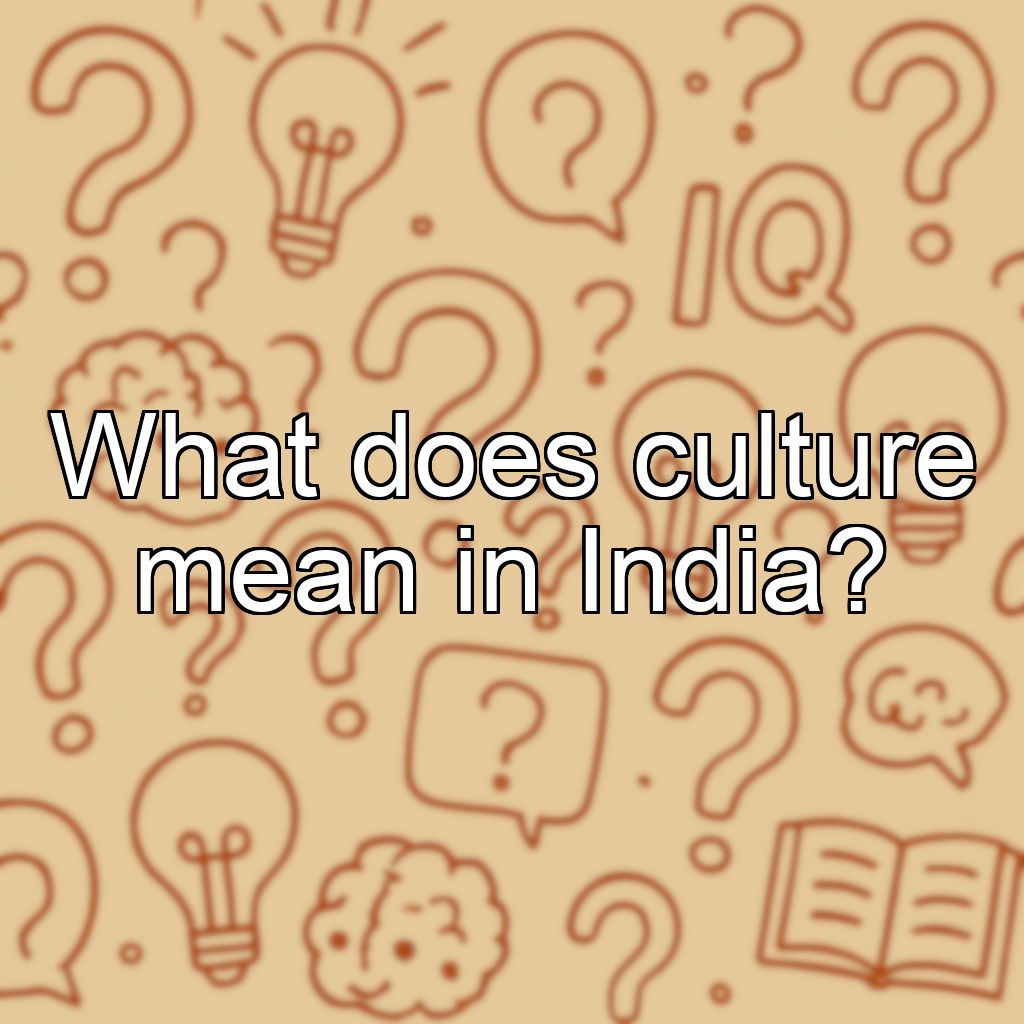What does culture mean in India?

Understanding Culture in India
Culture in India encompasses a rich and diverse tapestry of traditions, beliefs, practices, languages, arts, and social norms that have evolved over thousands of years. It is a reflection of the country’s complex history, geography, and the multitude of ethnic and religious communities that reside within its borders.
Key Aspects of Indian Culture
- Religious Diversity: India is known for its religious pluralism, with Hinduism, Islam, Christianity, Sikhism, Buddhism, and Jainism being some of the major religions practiced. Religious festivals, rituals, and spiritual practices are integral to daily life.
- Language and Literature: India is home to numerous languages, with Hindi and English serving as official languages, alongside many regional languages. Its literary tradition includes ancient scriptures like the Vedas, epic poems like the Mahabharata and Ramayana, and a vibrant contemporary literary scene.
- Arts and Music: Traditional arts include dance forms like Bharatanatyam and Kathak, classical music such as Hindustani and Carnatic styles, and a variety of folk arts and crafts.
- Festivals and Cuisine: Colorful festivals like Diwali, Holi, Eid, and Christmas are celebrated nationwide, often with elaborate rituals and community participation. Indian cuisine varies regionally but is known for its rich spices, diverse flavors, and vegetarian and non-vegetarian dishes.
- Family and Social Structure: Family values, respect for elders, and community bonds are central to Indian social life. Traditional customs often influence social interactions and ceremonies like weddings and rites of passage.
Conclusion
Overall, Indian culture is characterized by its diversity, tolerance, and a deep sense of history and spirituality, making it one of the most unique and influential cultures in the world.